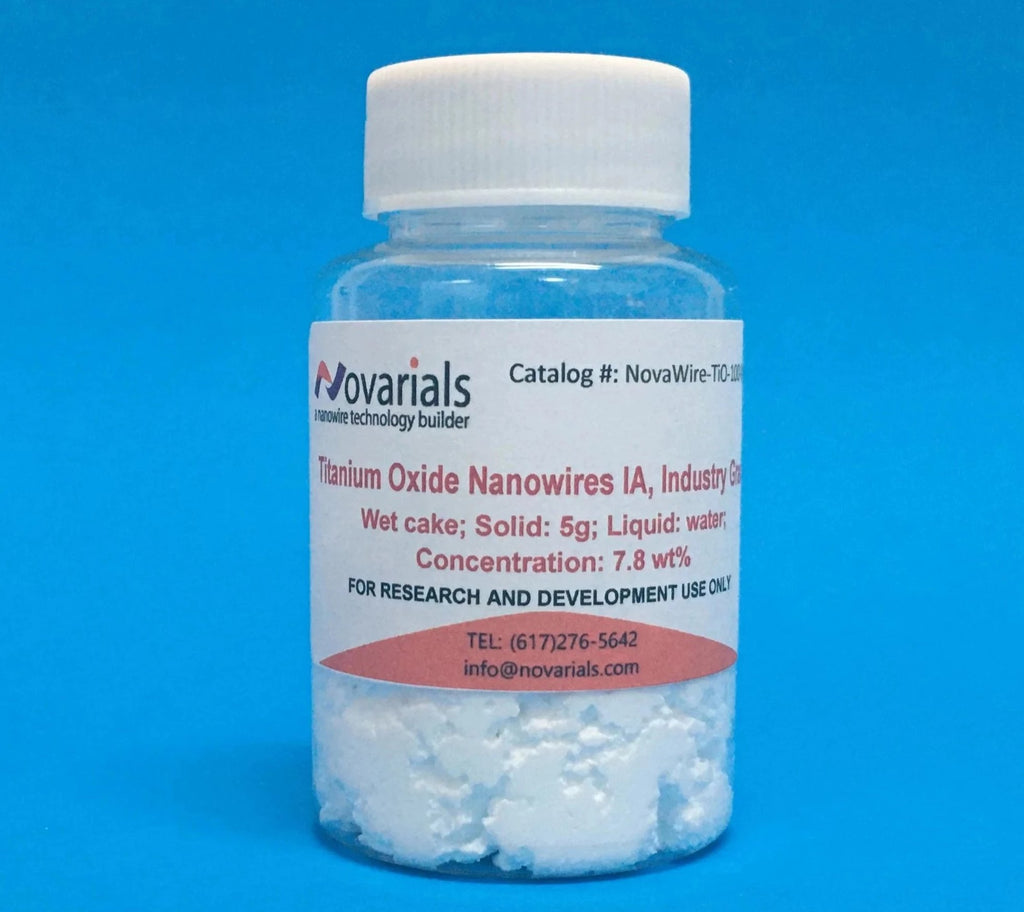

Furthermore, manufacturers tend to claim that their own systems are superior to those of their competitors, but they do not provide specific data on the complications and types of failure of their systems. In addition, in studies comparing materials, zirconia and titanium have been compared as abutment materials 13, 14, 15 rather than comparing different grades of titanium. However, few studies have considered the properties of the material used as well as the design of the implant connection. The effects of differences in the design of the implant-abutment connection on the mechanical stability have been evaluated in various in vitro studies. They have also suggested that implant of Ti grade 2 can be made resistant to local forces by using a greater amount of material to compensate for its lower mechanical strength.

Despite the relatively lower mechanical strength of titanium grade 2, the manufactures using this material have insisted that it is less brittle, and the elasticity and flexibility are beneficial in clinical situations. Titanium grade 4 has the highest mechanical strength of all unalloyed Ti. These days, the primary materials used for implant fixtures and abutments is commercially pure titanium, grade 2 and grade 4, the screw is usually made from a titanium alloy classified as titanium grade 5 (Ti-6Al-4V). 11, 12 In addition, for the ethnic group which enjoys chewing hard or coarse food than tender vegetables or meats, the enough strength of the implant assemblies is important to prevent mechanical failure because the stress applied to implant prosthesis after intraoral insertion was influenced by dietary habits. However, static fracture of implants from overload also occurs frequently, due to factors such as clenching habit, hard food, and premature contact resulting from failure of occlusal adjustment. Usually, mechanical failures of implant occur more from repeatable fatigue that lowers load than fracture strength of implant. In addition, the stress exerted on the functional prosthesis should not exceed the fracture resistance of the implant assembly. Thus, for an implant assembly to withstand the bite force in patients, the properties of the material and type of connection of the implant system should be considered. For a successful implantation, it is essential that the implant assembly has enough strength to resist the stress in the oral cavity and transmit forces to the bone other requirements are biocompatibility of components, correct diagnosis, and appropriate surgical and prosthodontic procedures for implant placement. 5, 6, 7, 8ĭuring the past years, manufacturers have developed different types of implant-abutment connections to achieve implant stability and strength.

2, 3, 4 However, many reports assessing the prosthetic complications of implants showed that screw loosening, screw fracture, and implant mid-body fracture occur commonly, especially in single crowns which do not distribute the bite force to other implants. Osseointegrated dental implants have become increasingly important in the field of oral rehabilitation 1 with many studies reporting up to 99% the long-term success of dental implants.


 0 kommentar(er)
0 kommentar(er)
